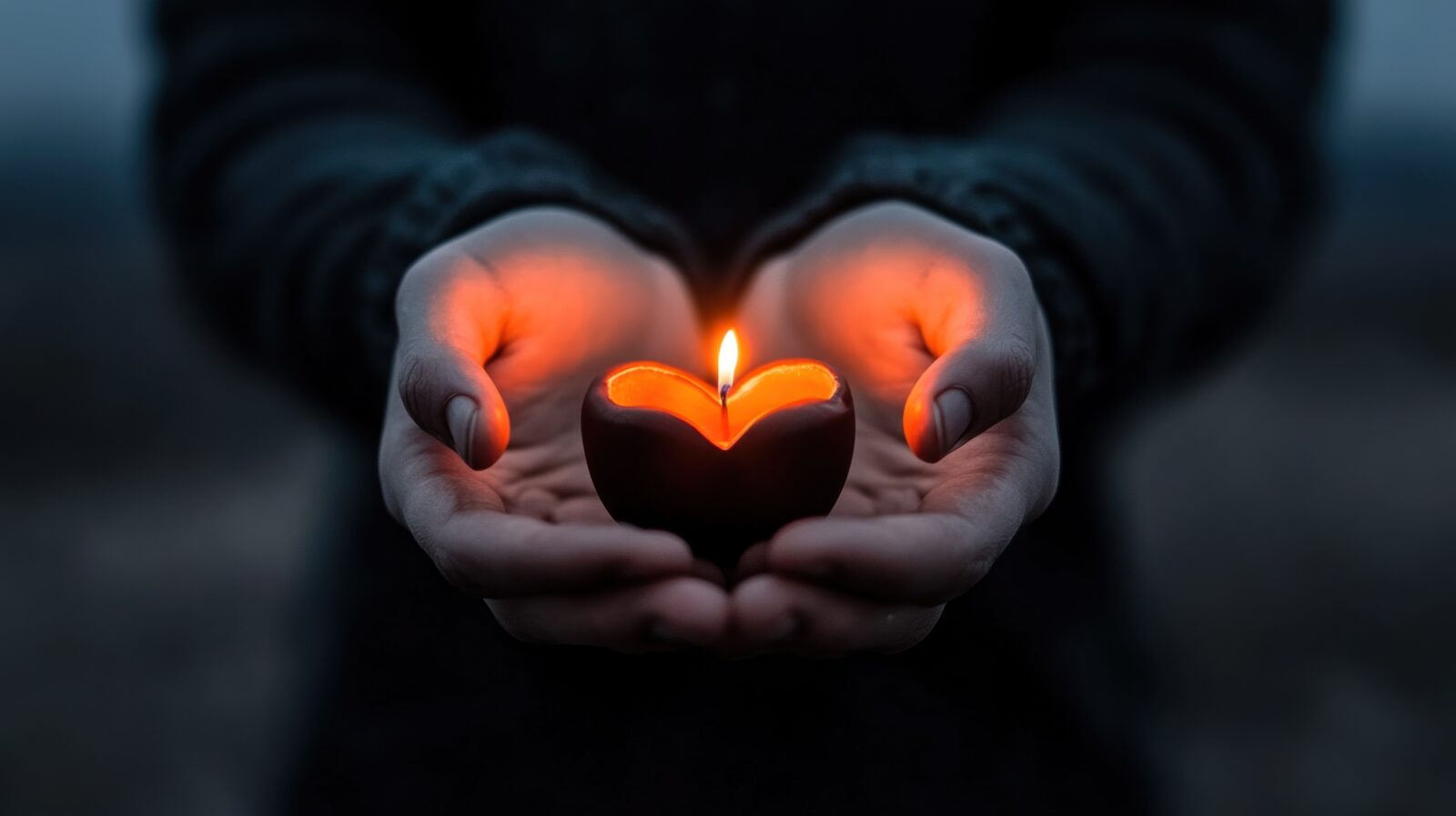
Finding Light in the Darkness
Is it possible to find meaning in profound loss? For many families, organ donation offers a small light in the darkest moment – a chance for their loved one’s compassion and generosity to continue. As one of our families shared: “It was the one tiny island of good in the midst of all this pain. The grief never stops, but I’m comforted knowing that my son saved the lives of so many.” As you consider this extraordinary gift, our team is here to walk alongside you, answer your questions and help in any way we can. Many families ask about what kind of support they can anticipate during the donation process – some of those ways are listed below:
Supporting You and Honoring Your Loved One
– Dedicated support throughout the donation process
– Meaningful traditions and rituals important to your family
– 18 months of grief and bereavement support
– Flag presentation for veteran donors
– Support groups and connection with other families
– Connection with recipients (if desired)
– Annual remembrance events
– Opportunities to share your loved one’s unique stories
Frequently Asked Questions About Donation
How do I make the best decision for my loved one?
Think about your loved one. What has been important to them? What values have they shown throughout their life? If given the chance to save a life, what would they say? Connect with those values and memories as you consider what decision honors them.
Can my loved one save a life?
We spoke with you because your loved one can save someone’s life. By supporting donation, your loved one is in a rare position to give hope to those waiting for a life-saving organ. It is possible that one person can save up to 8 lives through organ donation, but even one organ can mean everything to a waiting patient. Nearly 22 Americans die each day waiting for a life-saving organ transplant.
How does LifeCenter Northwest help?
LifeCenter Northwest will support you through each step of the donation process and offer ways to honor your loved one. Families are not responsible for healthcare costs related to donation. After donation, families are able to learn more about the recipients that their loved one saved. We offer all donor families an 18-month grief and bereavement program to continue to provide support.
Will donation affect funeral arrangements?
There is usually no impact, and donation still allows for the option of an open-casket funeral. Sometimes there can be a delay in funeral arrangements, but every situation is different. The medical team treats your loved one with the utmost respect throughout the entire process. Talk to us about how we can help with any cultural considerations, end-of-life rituals, or funeral needs that are important to your family.
How are the organs removed?
Organ removal occurs in a similar manner to any major surgery, in an operating room with specially trained doctors and nurses. Donors are treated with the utmost dignity and respect during this process.
Is there any pain or suffering?
No. Organ removal happens only after the heart has stopped beating and death has been declared. A person who has died no longer has any sensations and can feel no pain.
What organs and tissues can be donated?
Organs that are transplantable include the heart, kidneys, pancreas, lungs, liver, and small intestine. Tissues that can be donated include corneas, skin, bone, heart valves, ligaments, tendons, and vascular tissue (veins).
Does donation cost my family anything?
All costs associated with donation are paid by LifeCenter Northwest. Occasionally, families will receive a bill inappropriately. We will help you navigate the details if you receive a bill that should be directed to us.
Does my religion support organ donation?
Most major religions support organ and tissue donation as a humanitarian and selfless act of giving. To give of oneself in this way is the expression of a true, deep act of love for one’s neighbor. Leaders of many faiths believe that donation is a matter of individual decision and respect an individual’s right to make decisions regarding their own body.
Will I know how my loved one helped others?
Yes, we can provide information about the lives saved or improved through your loved one’s donation. Many families find comfort in knowing their loved one’s legacy of giving continues.
Can my family be involved in the donation decision?
We encourage open family discussions. If your loved one was a registered donor, we can guide you through understanding their wishes while also respecting your family’s feelings.
You Are Not Alone
LifeCenter Northwest will support you through each step of the donation process and offer ways to honor your loved one. Families are not responsible for healthcare costs related to donation. After donation, families are able to learn more about the recipients that their loved one saved. We offer all donor families an 18 month grief and bereavement program to continue to provide support.
Call our Family Support team with any questions: 425-460-9640



